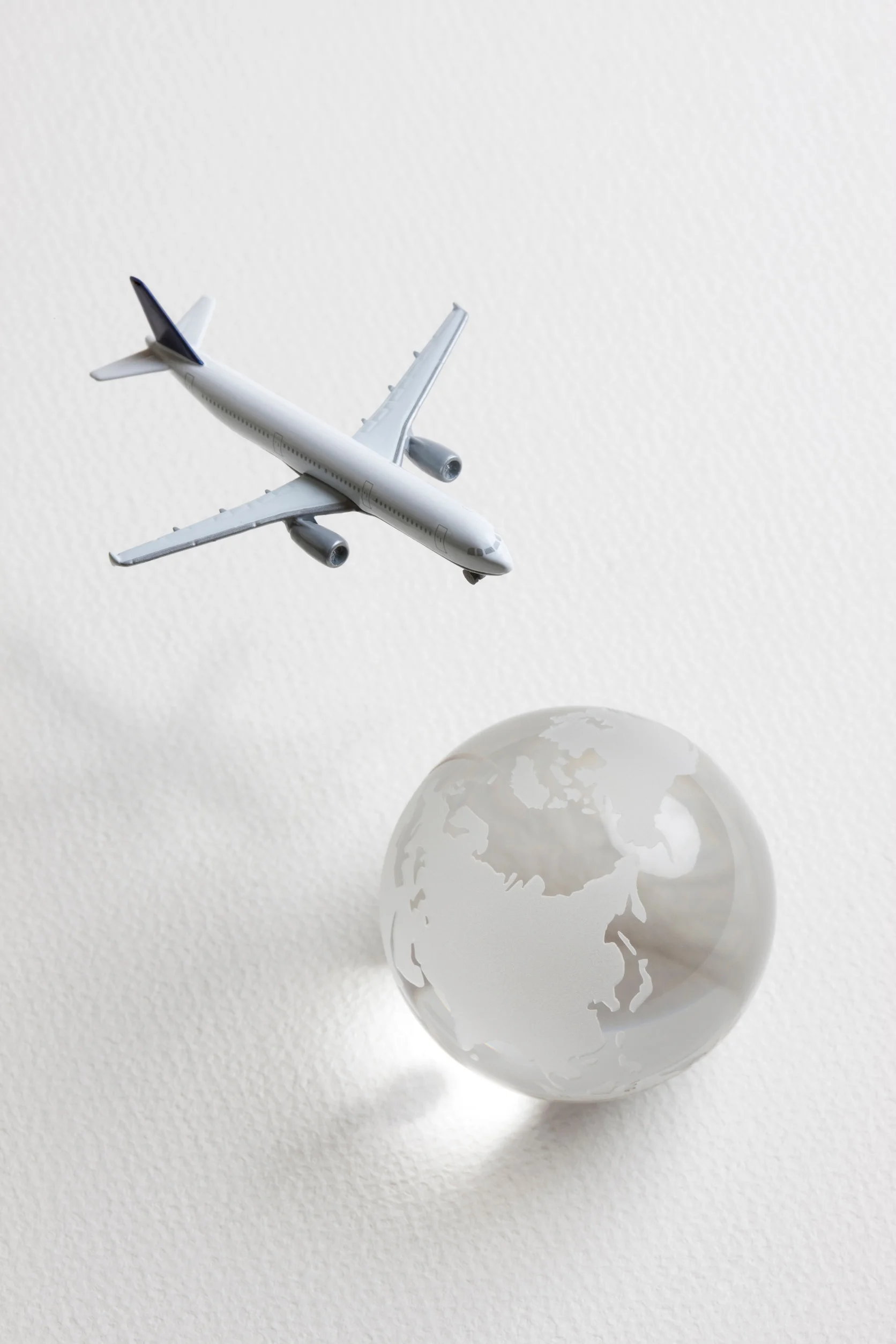When to Visit Cameroon
Cameroon is often referred to as "Africa in Miniature" because it encompasses a wide range of landscapes, wildlife, and diverse cultures found across the African continent. From lush rainforests and savannahs to coastal beaches and mountains, it’s a destination that offers something for every traveler. If you're planning a trip, be sure to apply for Cameroon visa in advance to ensure a smooth and enjoyable experience.
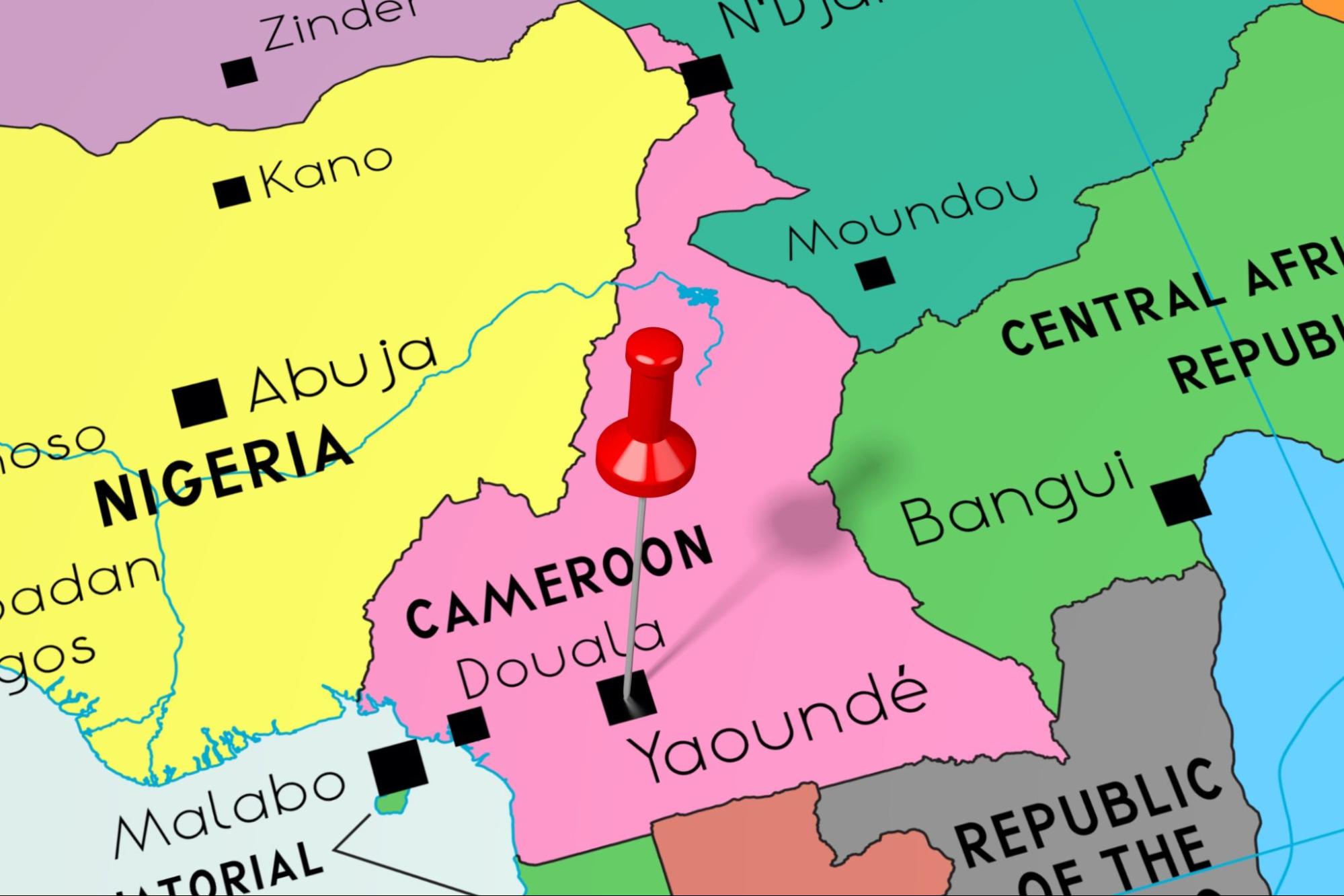
To have the best time on your trip, one should know appropriate times for traveling that usually depend on the weather, the seasons of wildlife, as well as cultural events happening in the country.
Understanding Cameroon's Geography and Climate
Before looking into the best times to visit Cameroon, it's important to know the country's different regions. Cameroon is a country full of natural beauty with rainforests, dry grasslands, beaches, mountains, and more. These various landscapes also render the climate different per region.
Cameroon is most often divided into five large geographic regions according to climate and geography:
Coastal Region:
- Location: The Gulf of Guinea, in the south
- What it looks like: Sandy beaches, flatland, mangrove forest, and thick rainforests that touch the Atlantic ocean.
- Weather: Hot and highly humid, and it rains a lot all year round
- Best things to do: relax at the beaches, lush forests, and go fishing in the villages
- Places to go: Douala and Limbe, which are both accessible to international travelers
South-Central Plateau:
- Where it is located: It is located in the central part of Cameroon, running from west to east.
- Geography: it is characterised by hills, valleys, and forests interspersed with grassy savannah.
- Climate: Remains moderate and experiences rainy and dry seasons to some extent; altitude increase can also cause variations
- Advantages: Excellent to do hiking, watching birds, and observing wildlife in national parks
Northern Region:
- Location: The northern region encompasses the area north of the Adamawa Plateau, extending to the borders with Chad and Nigeria.
- Geography: This is a vast expanse of semi-arid plains, with scattered rocky outcrops and acacia trees. It gradually transitions into the Sahel region further north.
- Climate: The northern region experiences a hot and arid climate. It has distinct wet and dry seasons, with very low annual precipitation.
- Key Features: The northern region is known for its unique landscapes, including the Mandara Mountains and the Waza National Park. It's also a cultural melting pot with diverse ethnic groups.
Western Highlands:
- Location: The western highlands are located along the border with Nigeria and extend into the Central African Highlands.
- Geography: This region is characterized by rugged terrain, volcanic peaks, and fertile valleys. It is part of the Cameroon Line, a chain of volcanoes.
- Climate: The climate varies based on altitude. Higher elevations experience a cooler and more temperate climate, while lower areas have a tropical climate.
- Key Features: The western highlands are famous for their volcanic lakes, including Lake Nyos and Lake Oku. The region is also home to some of Cameroon's highest peaks, such as Mount Cameroon.
Eastern Region:
- Location: The eastern region borders the Central African Republic and the Republic of Congo.
- Geography: It consists of dense tropical rainforests, rolling hills, and river valleys. The Congo Basin rainforest extends into this area.
- Climate: The climate is typically hot and humid, with high rainfall throughout the year.
- Key Features: The eastern region is a biodiversity hotspot and is home to various wildlife, including gorillas and chimpanzees. It offers opportunities for eco-tourism and exploration of pristine wilderness.
Understanding these regional climate variations is essential for planning your visit to Cameroon, as the best time to explore different parts of the country may vary.
Best Time for Wildlife Enthusiasts
Cameroon has a range of national parks and game reserves, which give ample opportunities to wildlife lovers. When to visit these parks mainly relies on the type of animals that people want to see and their activities at the time.
Waza National Park
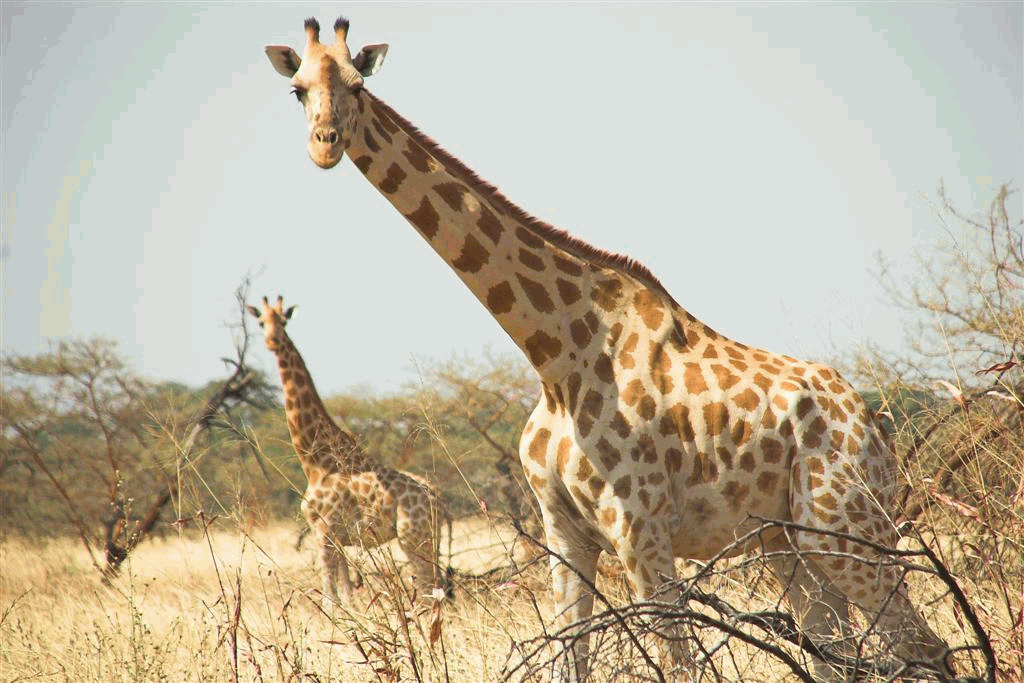
Best Time to Visit: December to March
December to March are the dry season months in Cameroon. It is the perfect place for people who adore animals and nature. Most of the animals congregate around waterholes in the likes of Waza National Park. Animals visit them to take water, have some shade, and rest under trees to cool down from the heat. This makes it more convenient for visitors to view a great number of animals together.
What you are going to see:
Visiting Waza National Park during this time allows you to observe numerous wild animals, such as giraffes, elephants, hyenas, gazelles and, in case you are lucky, you can also spot lions. This is also the time when the dry season offers welcoming weather, making it ideal for viewing, going sightseeing, and taking pictures.
Fun Things to do:
- Take walks in nature with specialists
- Relax and cool down by visiting waterfalls.
- Go on safari outings to observe and engage in photographing animals
Bénoué National Park
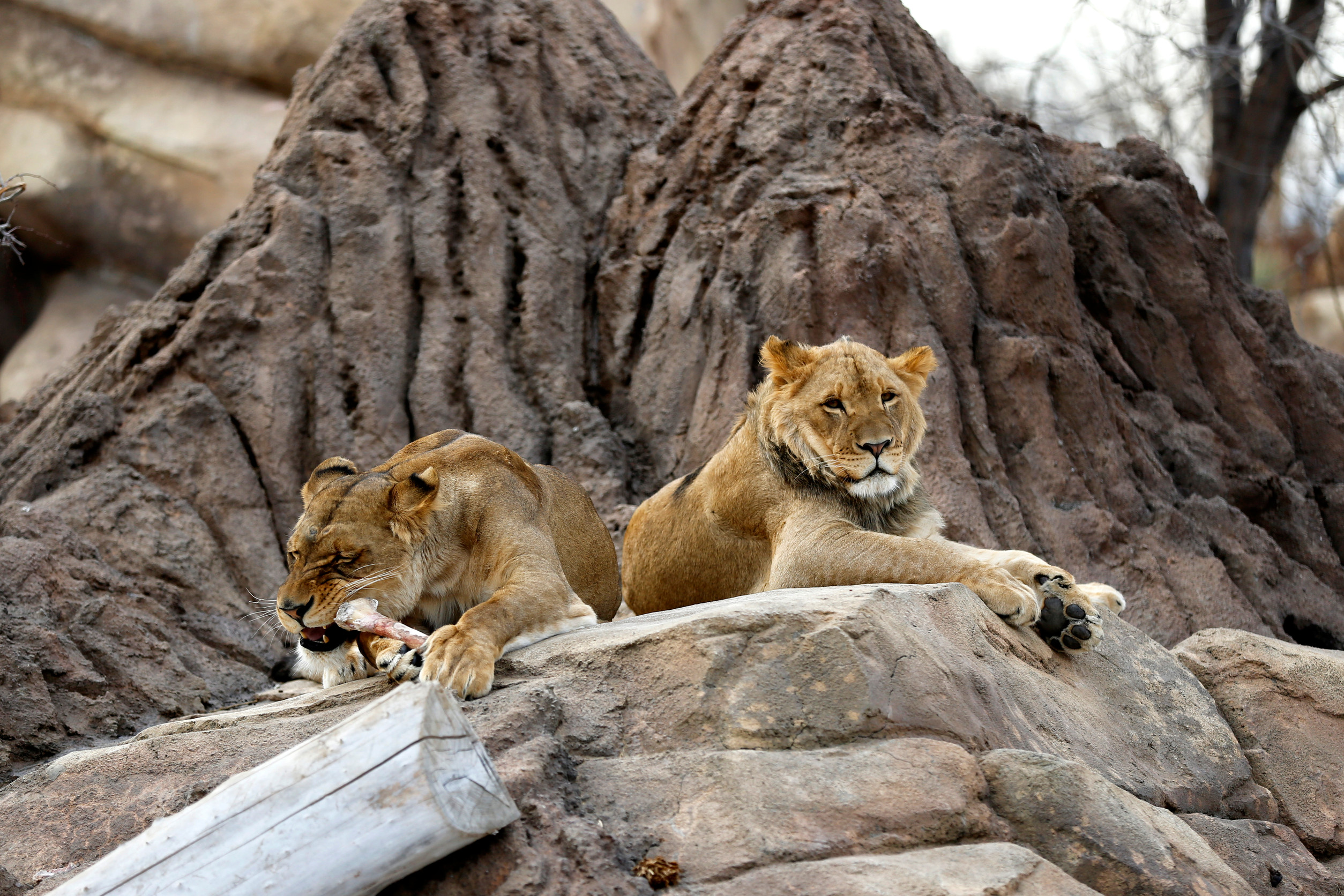
Best Time to Visit: November to June
Bénoué National Park, located in North-Eastern Cameroon, is an ideal park to visit for those who love animals. Between November and June, the weather is drier, making it easier to spot animals. Another thing to note is that this park is a UNESCO Biosphere Reserve, which in itself is a rewarding place to visit.
What you are going to see:
The park is renowned because it has approximately 30 rare West African lions. You may also find giraffes, cheetahs, eland, zebras, red river hogs, and so many birds. It is the ideal spot to visit for someone who loves admiring birds and wild animals.
Activities to do at the Park:
- Take guided safaris to visit animals
- Experience the beauty and calming attributes of the park
Korup National Park
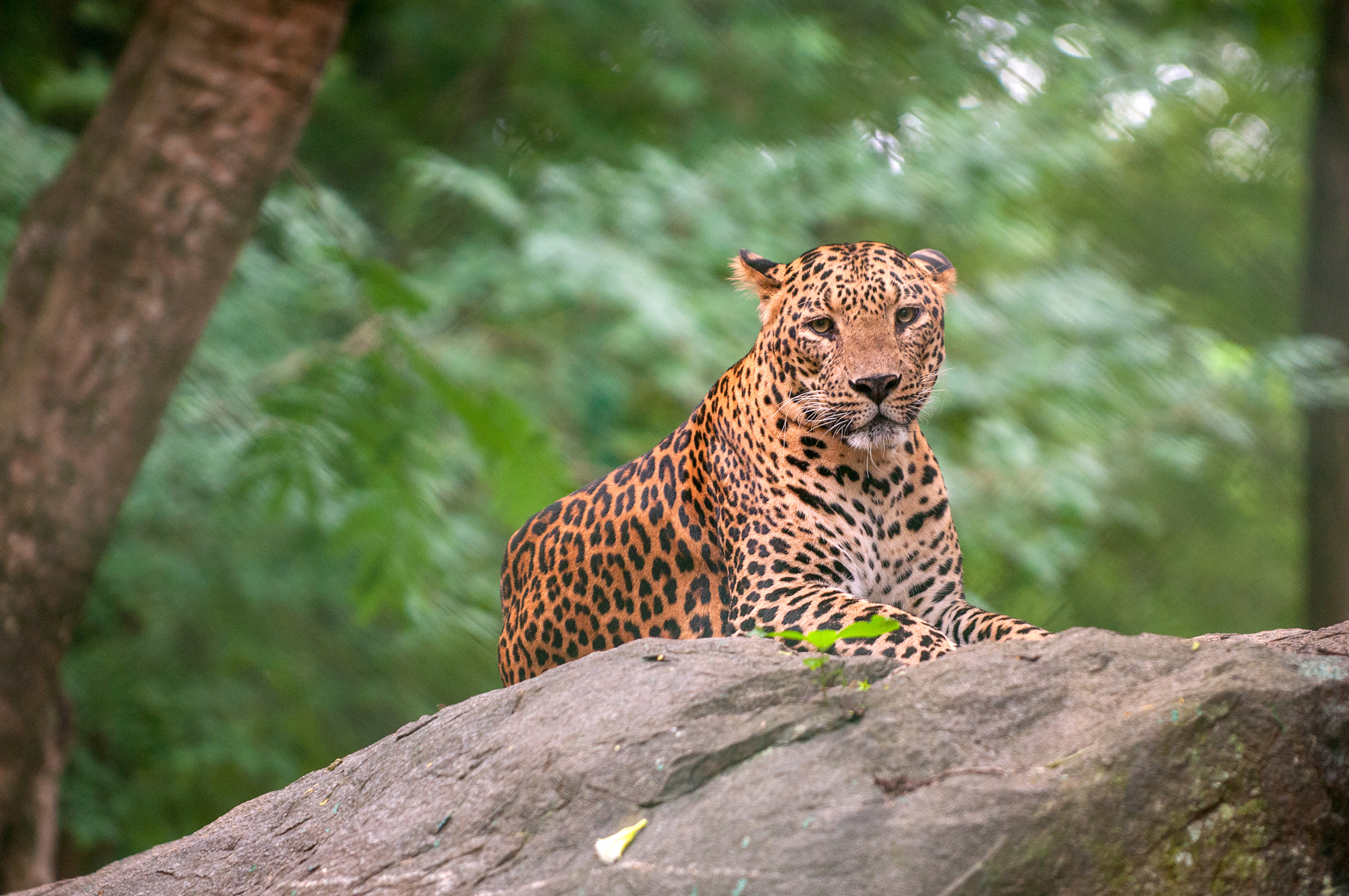
Best Time to Visit: December to February
Korup National Park is an old and rich rainforest in Africa. You can visit at any time of the year, but the months ofDecember through February are often the best time to visit, especially if you are a wildlife lover. The weather is cooler during this period, making it easier to walk and view the wildlife.
What you are going to see:
There are colorful varieties of birds that make the park ideal to go bird-watching. It further possesses 14 species of monkeys and other animals such as leopards, duikers, buffalo and elephants.
What to have fun doing:
- Take walks in the forests
- Take the thrilling Mana suspension bridge road crossing
- Make hikes, go on walks with nature, do boat trips, as well as safaris to look upon the animals and beautiful surroundings
Ndzanga Sangha National Park
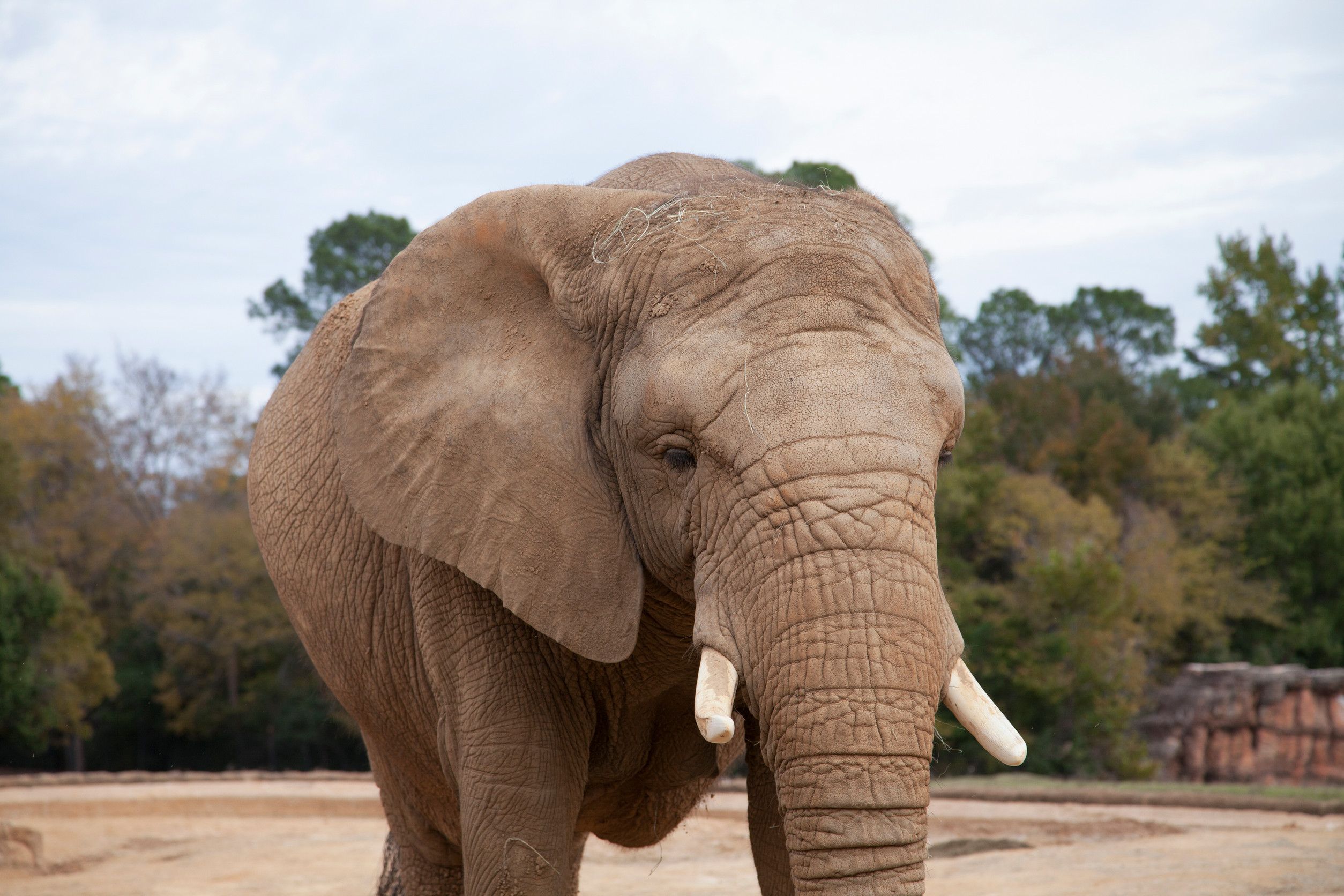
Best Time to Visit: November to March
Ndzanga Sangha National Park, which is found in southwest Cameroon, is an ideal place to visit for the love of wildlife. The best weather to explore can be found in the months of November to March, as it is warmer and drier at this time of the year.
What you will see:
There are forest elephants, lowland gorillas, forest buffaloes as well as different kinds of monkeys and apes which are visible. It is a national park with lovely pristine rainforests and plenty of animals and birds; it is perfect for taking wonderful wildlife pictures.
Things to do:
- Go on nature outings, take nature walks
- Go on animal tracking trips
- Experience green forests and calm rivers by seeing the animals in their living place
Climate Across the Months
To better plan your trip, here's a month-by-month breakdown of the climate in Cameroon:
Dry Season (December to March)
- December to February: These months are perfect for safaris, offering dry and moderately warm weather. December also sees the Ngondo Festival celebrated along the Wouri River, providing cultural insights and festive experiences.
- March: March is hot but it is a good time to visit wildlife parks like Waza, Korup, Bnoue, Bounba Ndjida and Faro before the start of rainy season in April. Nevertheless, in March, the grass may receive light rainfall.
Wet Season (April to November)
- April to November: This is the wet period, which is accompanied by different amounts of rainfall in Cameroon. May is a busy month, and there are many celebrations, including Labour Day, Ascension Day, and National Day. Such festivals give a chance to experience the indigenous culture.
- November: When November comes, the clouds scatter, the skies open, and the vegetation starts drying up, leading to a long dry season in Cameroon between December and March.
Keep in mind: The weather can change in different parts of Cameroon. So, think about what you enjoy doing and plan your trip based on the best time for those activities.
Cultural Festivals and Events
Besides wildlife and climate, you can also consider aligning your visit with some of Cameroon's colourful cultural festivals and events:

- Ngondo Festival (December): This is a festival held along the banks of the Wouri River in Douala. It involves traditional ceremonies, dances, and cultural shows. One way of understanding Cameroonian culture is by participating in this festival
- Mount Cameroon Race of Hope (February): Each year in Buea, many athletes from different nations race to the top of Mount Cameroon during a huge event. It's exciting while providing views the likes of which are hard to find.
- Eid al-Fitr (June): If you happen to be in Cameroon in June, you will definitely enjoy some Eid al-Fitr celebratory events. This is one of the biggest Muslim holidays in the northern part of the country.
- Cameroon National Day (May 20th): On this date, all over Cameroon, parades and celebrations are hosted. People commemorate their history and culture. It is a lovely time to capture pride and traditions of the country.
Tips for Safe and Enjoyable Travel
Keep these safety and travel tips in mind while planning your trip to Cameroon:
- Book with Reputable Safari Companies: Ensure your trip includes transportation, accommodation, activities with well known guides. This will make your journey more fun.
- Vaccinations: Mandatory vaccination for visiting Cameroon include yellow fever, though travelers are highly advised to take hepatitis A, typhoid, and polio vaccines also. Additionally, taking malaria prophylaxis is crucial. Check with your local doctor or travel clinic for specific requirements.
- Listen to Your Guides: When exploring wildlife areas, always follow the advice of your guides. They are not only experts in their field but also a source of fascinating information and stories.
- Pack Wisely: Pack your travel items well depending on the region and the time of year you are visiting Cameroon. Traveling light will make your journey more comfortable.
- Be Cautious in Cities: Avoid carrying valuable items like jewelry or expensive cameras, and do not display costly items. Keep your wallet in your front pocket and carry only the cash you need.
- Have Required Documents: Keep your passport (or a certified copy) and yellow fever vaccination certificate with you at all times. Some regions may require ID checks.
- Self-Driving: If you plan to self-drive, be aware that roads in rural areas can be in poor condition, especially during the rainy season. Travel with companions; do not drive when alone and refrain from night driving.
Domestic Transportation
After arriving in Cameroon, flying within the country is one of the fastest ways to travel. The main airports are in Douala and Yaoundé. If you're planning a safari, it's smart to book a package that includes local transport. This makes travel easier and more organized.
Road Transportation
- Roads: Cameroon has many roads connecting the big cities to towns and villages. Some of them are smooth, while quite a few are rough. Particularly in remote places, there are even unpaved roads.
- Buses: Beyond that, buses are the main mode of travelling between the cities. Many of the different companies offer various comfort levels in travelling. It is suggested you book your ticket beforehand for long trips.
- Taxis: Taxis can be found very easily in cities such as Douala and Yaoundé. They are ideal for a short trip around town. Always remember that costs should be discussed before you start, as most taxis do not have meters.
- Bush Taxis: This refers to very common taxis in the countryside or rural towns. This public transport can be crowded with people, but it is suitable for traveling where buses do not go.
- Driving Alone: If you want to visit on your own, you can rent a car easily. However, be careful; not all roads are in good shape, and such conditions make it difficult to drive.
Travel by Train
Rail Network: Camrail is the company operating the trains in Cameroon and connecting cities such as Douala, Yaounde, and Bafoussam. Though trains give a nice view of the countryside, they are not reliable when time is considered, so it is wise to check the schedule before traveling.
Air Transportation
- Airports: Cameroon has several airports, with the most significant ones in Douala and Yaoundé. These airports serve as primary entry points for international travelers.
- Domestic Airlines: These interior lines operate domestic flights for far-off trips that one may undertake on Cameroon airspace. Camair-Co is flying to areas like Garoua, Maroua, and Bafoussam.
Water Transportation
Boats and Ferries: Rivers and Atlantic Ocean coastline form part of Cameroon. In areas, especially close to rivers and the sea, people travel using boats or ferries. The harbor of Douala is an important place for both cargo and passenger transport.
Motorcycle Taxis
So called Bend-skin or Okada Motorbike Taxis: They are plentiful in cities as well as villages. They are handy for short distance travels or when navigating through traffic. A helmet should be on at all times for safety
Key Tips for Domestic Transportation:
- Advance Planning: For long-distance journeys and domestic flights, it's advisable to plan and book your tickets in advance, as availability can be limited, especially during peak travel seasons.
- Safety: While using taxis and other modes of transportation, prioritize safety. Choose registered and reputable service providers, and use your seatbelt or helmet at all times.
- Language: French and English are the official languages in Cameroon. Knowing some basic phrases in both languages can be helpful, especially when communicating with drivers and service providers.
- Local Customs: Be mindful of local customs and etiquettes, especially when using public transportation. Respect the cultural norms and be courteous to fellow passengers.
- Road Conditions: If you plan to self-drive or use road transportation, be prepared for varying road conditions. Carry essentials like spare tires, tools, and emergency supplies.
Cameroon offers various ways to travel within the country. You can either choose to fly, take a bus or taxi, drive, ride a train, or even use a boat. There is always something for everyone, whether you like quick and easy travel or more adventurous trips.
Plan your transport based on where you want to go. With good planning, you’ll enjoy an amazing journey across Cameroon’s beautiful and diverse regions.
Things to Do in Cameroon
Cameroon has a lot to offer travelers, you just need to find what suits you best to have fun on your trip. Here is a list of some activities to enjoy:
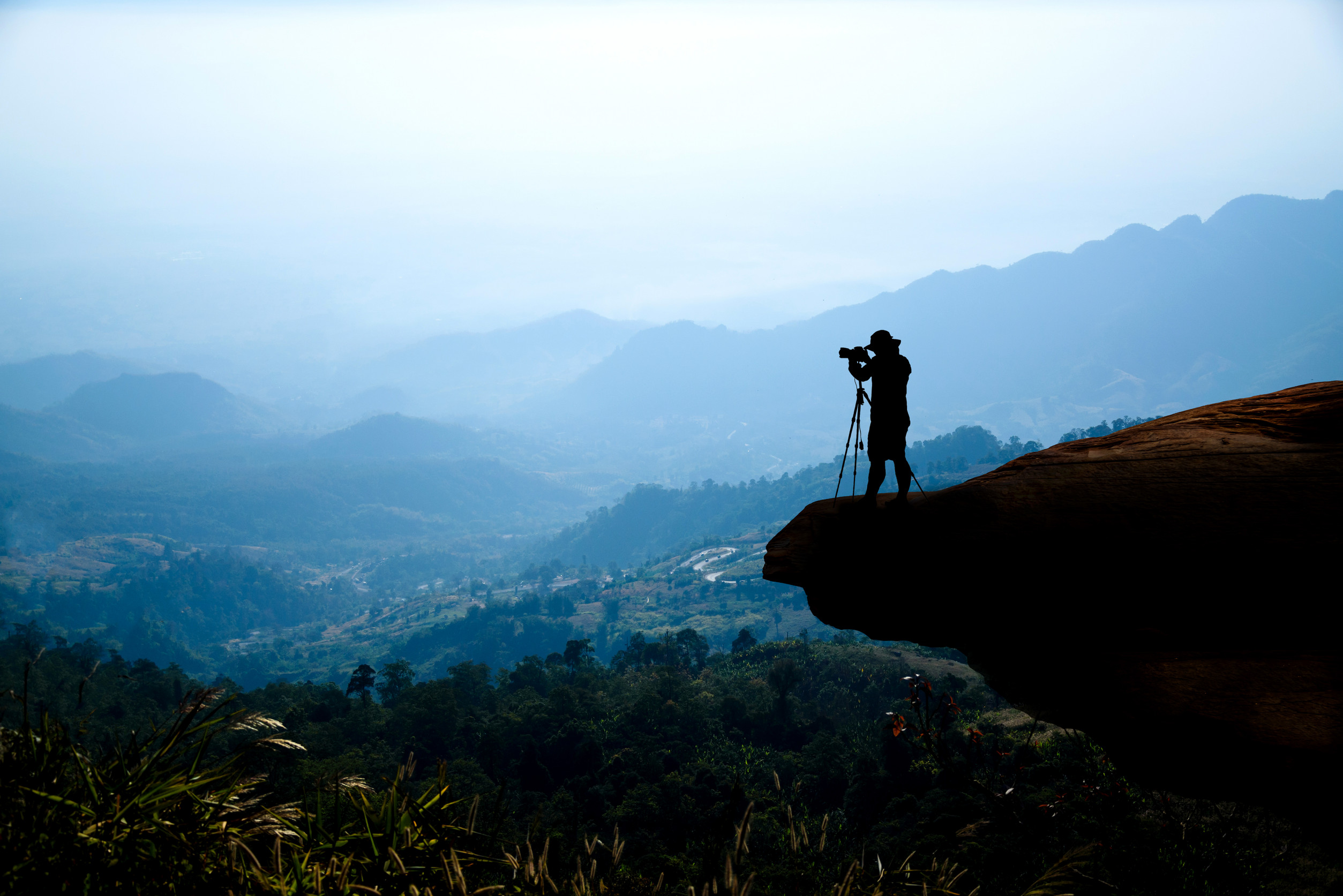
1. Visit Primate Sanctuaries
Cameroon is home to various primate species, including gorillas and chimpanzees. While encountering them in the wild is possible, the best way to observe these incredible creatures is by visiting sanctuaries. Two notable sanctuaries include:
- Limbé Wildlife Centre: This sanctuary is renowned for its efforts to rescue and rehabilitate primates, particularly gorillas and chimpanzees, from the bushmeat trade. It offers a safe environment for these primates.
- Mfou Primate Sanctuary: Situated in Mefou National Park, Mfou Primate Sanctuary also provides a haven for rescued primates. Visitors can witness these animals in large enclosures while learning about their stories and conservation efforts.
2. Dive into Tribal Cultures
Cameroon is an amazing mosaic, with over 250 different ethnic groups. To explore this great culture, embark along the Ring Road. There, you can:
- Visit traditional villages: The traditional villages along the Ring Road have unique rituals and craftwork.
- Engage with local artisans: Converse with skilled craftsmen and artisans who create intricate handmade products, from colorful textiles to fine wood carvings.
- Hidden treasures: The Mandara Mountains in northern Cameroon are home to the Koma people, an enigmatic ethnic group. These people remained hidden from external influence until the 1980s, and therefore, the Koma culture represents one of the most exciting and intriguing cultural experiences in the country.
3. Stay in a Hunter-Gatherer Village
Just to soak in the culture fully, you can consider spending some time at a hunter-gatherer village close to places like Kribi. Here, activities may include:
Entering the forest: Walk along with villagers as they carry out operations such as honey collection; this gives you a better understanding of their way of life.
Experiencing marginalization: Many of these communities are marginalized and have limited integration in mainstream society. However, in spite of such challenges, they are quite friendly and warm-hearted.
Things Not to Do in Cameroon
While enjoying your time in Cameroon, it's crucial to be aware of sensitive issues and practices that should be avoided:
1. Ignore the Plight of the Baka People
The Baka people, a Central African hunter-gatherer tribe, have been displaced from their ancestral forests due to conservation projects. To support their rights and wellbeing:
- Back organizations like Survival International that work to protect the rights of the Baka people.
- Avoid using the term 'pygmy' to describe these tribes, as it is considered derogatory. Instead, refer to them by their specific tribal names.
2. Avoid Supporting the Bushmeat Trade
While it's important to experience local cuisine, it's equally crucial to protect endangered species and avoid encouraging poaching. The bushmeat trade in Cameroon involves the sale of wildlife for consumption and souvenirs. To promote responsible travel:
- Refrain from consuming bushmeat, which may include animals like monkeys, pythons, porcupines, and pangolins.
- Avoid purchasing souvenirs made from animal parts.
3. Give Inappropriate Gifts to Traditional Communities
When visiting traditional communities, it's essential to be respectful and considerate. While some tour companies provide compensation, the gifts you provide should align with their traditional lifestyles. Here are some guidelines:
- Items like sugar and tea can be gifted to elders, who can distribute them among villagers.
- Cash, clothing, sweets, and pens may not be appropriate tokens and may influence the community in ways that don't align with their own traditions.
By following these suggestions, you can have a more meaningful and responsible travel experience in Cameroon, appreciating its cultural richness and natural beauty while respecting local customs and sensitivities.
Conclusion
Cameroon is a country with many different things to see and do. You can enjoy green rainforests, amazing animals, colorful traditions, and rich art and culture. To have a great trip, choose the right time to visit, learn about the weather, and follow important travel tips. Avoid areas near borders with problems, and be careful in big cities. If you do, you’ll have a safe and unforgettable time exploring this wonderful place called “Africa in Miniature.”
FAQ
Q: Is Cameroon tourist friendly?
A: Yes, Cameroon is tourist friendly. The general attitude of people is warm and welcoming. It is a nation that boasts its beauty in nature and wildlife as well as culture. Not all places in proximity to the borders can be safe, thus, it is better to consult latest travel advice and keep to pre-known territory. It is possible to have a very exciting trip with proper planning.
Q: Why should people visit Cameroon?
A: People should consider visiting Cameroon if they have a passion for ecology and wildlife. The country boasts over 900 species of birds and more than 300 species of animals, making it one of the richest countries in Africa in terms of biodiversity. Despite security concerns in some regions, Cameroon offers a wide range of attractions for those interested in nature and wildlife.
Q: Is Cameroon safe for Indian citizens?
A: Yes, but with caution — Cameroon can be visited safely by Indian citizens, but you should still carefully plan your trip and avoid high‑risk areas.
Q: Do I need a visa to go to Cameroon?
A: Yes, you need a visa to travel to Cameroon. Regardless of your citizenship or purpose of travel, a valid passport, visa, and evidence of certain vaccinations are required for entry into Cameroon. This requirement also applies to U.S. citizens and individuals of Cameroonian descent.
Q: How many Indians live in Cameroon?
A: The Indian community in Cameroon consists of approximately 700-800 Indian expatriates. They are primarily engaged in trading and small businesses, with some professionals among them.
Applying for a Cameroon eVisa
- Step 1: Complete the online application form with your personal details and passport information.
- Step 2: Proceed to securely pay online using your credit card.
- Step 3: Check your email for payment confirmation and receipt of your Cameroon eVisa, which will be sent electronically.



